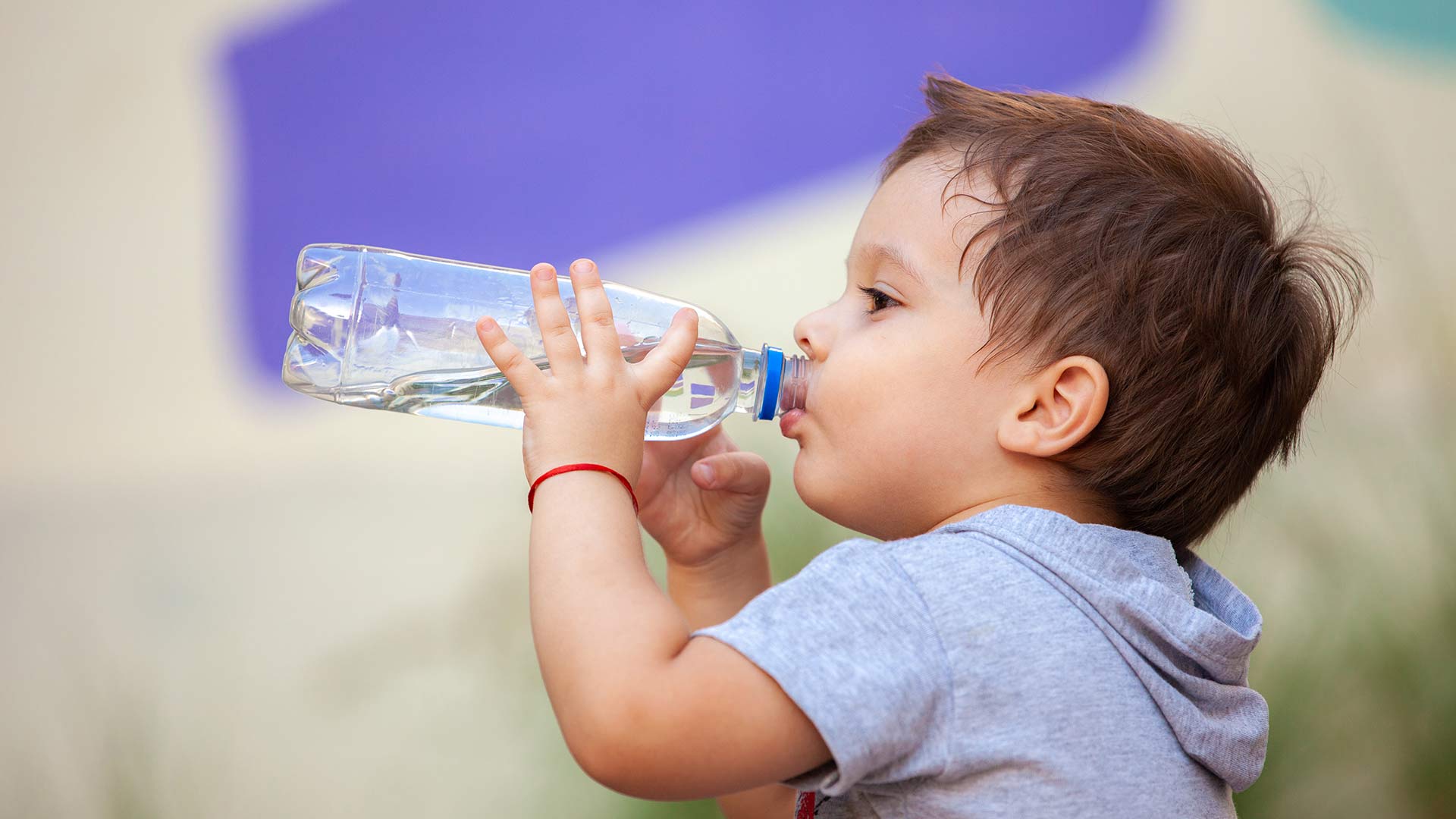People need water to maintain health. It sustains you both inside and out — 60% of the human body consists of water. It exists within various areas of your anatomy, including the kidneys, spinal cord, and digestive system. You already know its importance, but it can take a little more effort to make your kids understand why they need an adequate water supply.
Sugary fruit juices and fizzy sodas are childhood staples, but they don't sustain the body as water does. Everyone receives H2O from food in addition to drinking it, but you may want to encourage your kids to drink more instead of relying on indirect sources. Luckily, you can get everyone on the same page by educating them and creating fun ways to increase their intake.
The Benefits of Drinking Water
Water nourishes you and prevents dehydration. Dehydration, especially after a bout of physical activity, causes confusion, dizziness, and irritability. Because of the human body's high water content, dehydration affects most functions — from your brain to your very cells. When your kids stay hydrated, they can play longer and avoid muscle cramps because water energizes their bodies and lubricates their joints.
They also have a lower risk of skin disorders because adequate water intake prevents dry skin. Dehydrated skin can crack and peel, making it susceptible to infection-causing bacteria. This happens with extreme dryness, but mild cases still cause discomfort and itching.
Water also regulates body temperature, reappearing on the surface of your skin as sweat. Without the ability to sweat, heatstroke would render people unable to do any strenuous work. Electrolytes within water give the body energy, and the kidneys regulate electrolyte production. Adequate water intake is essential to these organs — without water, they would fail. They need to remove waste and excess fluids that otherwise build up in the body as kidney stones.
How Do You Know Your Water Is Safe?
Water is great for everyone, but not all water sources are equal. About 90% of Americans get their water from public systems, while the remaining 10% receive it from private wells. Though a private well may seem the safer alternative, this water doesn't undergo the same regulations and testing placed on public systems. The task of ensuring clean water is entirely in your hands. Monitoring your water quality is necessary whether your source is public or private, however.
Invest in a water filtration system to ensure your tap water is in optimal condition for drinking and cooking. Choose a filter that attaches directly to the tap or buy a pitcher for filtering separate batches. If you have a private well, you can install a filtration system for the pipes to ensure your water is clean long before it gets to you.
Clean faucets and pipes regularly. Mineral residue builds up on the inside of your faucet, and although this phenomenon doesn't pose a health risk, these minerals can cause skin irritation and other issues.
Measure Their Daily Intake
You've often heard the eight to 10 glasses a day spiel, but in actuality, everyone's necessary water intake varies. Your kids will need water after playing for long periods, but the recommended amount depends on their sweating rate, weight, and activity level. Most adults require two to three cups per hour after exercising or staying under the sun, while kids should drink a half cup to two cups every 15 to 20 minutes.
Six to eight cups a day is a common suggestion for children, although the Academy of Nutrition and Dietetics increases this to nine or 10 cups past the age of nine. Children below eight don't need as much as adults and older kids, but the suggested amount for boys is often higher than girls, especially as they grow.
Experiment With Fun Options
If your kids don't like drinking plain water, make it appealing by incorporating variety without the impact of processed sugars. Flavor their water by adding fruit to the pitcher or buying an infuser. Many reusable water bottles contain infusers, so your kids can take flavored water to school or practice.
Go for colorful and creative designs you know they'll enjoy, and buy matching straws. Look for bottles with drinking marks so your children can be aware of their intake. Purchase carbonated water to replicate the fizziness of soda, or make it yourself with a carbonation maker.
Give your kids a cold glass of water with ice cubes featuring their favorite cartoon or movie characters. Buy some molds and freeze water in them a few hours before use. Add fruit to the ice cubes for a tasty treat once they melt.
Make Water Consumption Enjoyable
Your children will be inspired to drink more water once they realize its importance in sustaining their bodies. Prevent it from turning into a chore by utilizing creative alternatives — don't just serve them a plain glass of aqua. Meet them in the middle, but keep your efforts healthy and practical.








